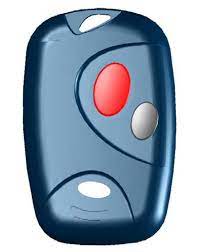
EkoTek Assist Fob
The EkoTek Assist Fob is a cutting-edge device
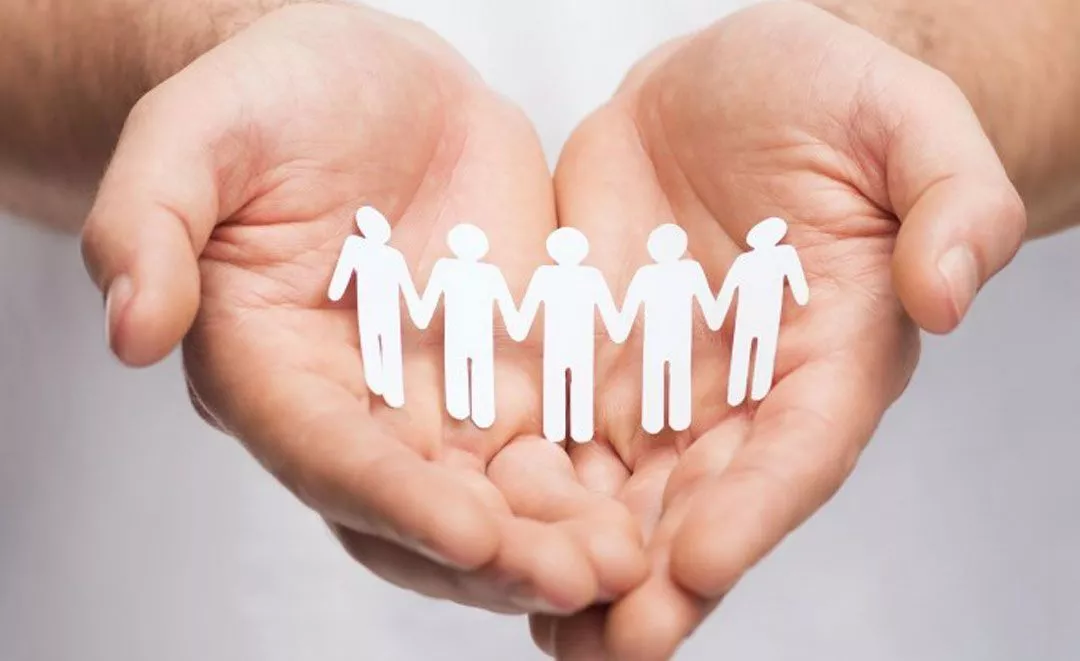
Three months later in June 2020 COVID-19 pandemic and social distancing measures are still resulting in many Australians staying indoors and limiting their normal daily routines. This is not an easy situation for anyone to manage.
Queensland-based supplier of Nurse Call Systems, Electrotek understands the criticality of providing care for carers. Theo Kuppens and Neil Davey, Electrotek leadership team, explained: “While our unique INDUNA wireless Nurse Call System is changing the lives of nurses by negating alarm fatigue, our company actively supports and encourages mental self-care and coping strategies for all Australia’s paid and unpaid health carers.”
To be an effective carer you need to balance the health and wellbeing of the person you are caring for, with your own sense of wellness and fulfillment. You need time and space to look after yourself. Make sure you find opportunities to relax, have fun and take time out when you need it.
Some simple and helpful caring hints for carers:
“If COVID-19 can be thanked for anything, it might be for creating an unprecedented focus on mental health and promoting the community to take stock of what counts when it comes to mental wellbeing.
Some wonderful things have occurred amidst the overload of bad and heartbreaking news, things that could ultimately bring us back as a more cohesive and resilient society, positioning us to better deal with mental illness and guide us on how to better support each other generally.
The facts are almost half (45%) of adults will experience a mental health issue at some point in their lives, and each year around one in five people will; but with the right information and support, most will get better or go on recovery journeys resulting in fulfilling and meaningful lives.
Sure, what we’re going through with COVID-19 is extreme, with people being affected in different ways. But understand there’s nothing unusual about feeling unsettled or anxious in the face of uncertainty – that’s part of being human. If it’s persistent or debilitating though, take the next steps – talk to a friend, your GP, a counselor, call a helpline or the 1800 011 511 Mental Health Line, a professional advice and referral service.
Thankfully, we’re far better informed and equipped as a society to deal with mental health issues. When we come through the other side of COVID-19, we’ll probably be another ten paces ahead, freer to engage with each other and have better senses of wellbeing and social connectedness.”
Image: The Journal of Mental Health – Taking Care of Carers

The EkoTek Assist Fob is a cutting-edge device
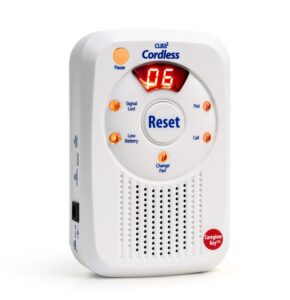
.The 2701 Falls Monitor with Safetime Support
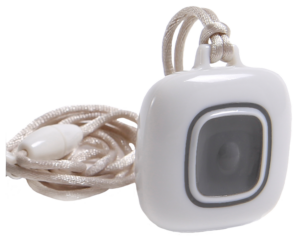
If you or a loved one requires
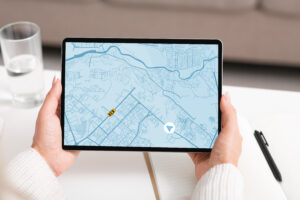
In today’s fast-paced and dynamic business landscape,
Cleo is an experienced administrator with a strong history working in large corporate settings and was the National Operations Support Lead for a big not-for-profit organisation. Other strings to her bow include marketing, as well as a demonstrated ability to manage and coordinate a multitude of tasks.
Cleo’s qualifications include a Bachelor of Accounting/Business Administration and a Diploma of Community Services Management.
She’s not only the smiling face around the office, but also oversees all the administrative functions and provides operation support and manages compliance.
Joseph holds years of experience maintaining and installing Radio Broadcast equipment, Drive-Through equipment, Public Address systems, as well as Nurse Call systems with private health and large medical practices. His experience working with electronic equipment extends to cable installation, maintaining radio repeaters, paging and dect phone systems. He enjoys all facets of his role, including the on-site, installations and customer interactions, as much as he enjoys the pre-install workshop preparation required in making nurse call equipment specific to individual customer needs and bespoke modifications.
Qualifications:
Jan holds the challenging position of Operations Manager at Electrotek and has been integral to the success of the company since 2015 and is involved with different aspects of operations, including servicing, installation, manufacturing, technical support, warehouse management, project management, and leading a team of technicians across Australia.
Jan holds a Bachelor’s Degree in Electronics and Communications Engineering and a Diploma in Project Management.
Neil has worked in a variety of sectors in an engineering and development capacity, his roles include Research and Development with CRC for Microtechnology on Athlete Monitoring with the Australian Institute of Sport. Neil’s name is prominent on multiple patents.
Neil’s functions include the technical direction of the company, guidance and oversite of hardware and software systems.
Previously Neil has held product development roles, from prototype stage to small scale production. The development of engine control system for LPG and LNG fuel delivery to heavy vehicles, as well as the development of onboard data collection and monitoring systems for heavy vehicles (surface and underground).
Neil has underpinned not only the technical requirements of Electrotek, but the team as well, training and providing guidance to the team of technicians.
Qualifications:
Belinda has over 30 years’ experience in executive support and office management positions through small companies and corporate, including FMCG’s, leading accounting firm and Telstra (in Australia). She was integral to creating and growing Electrotek where she now holds the role of General Manager.
Belinda’s passion for success in business and in caring for customers drives her to lead from the ground up extracting the best from her team and for her customers.
Belinda holds various supporting qualifications including Certificate IV in Small Business Management.
Theo Kuppens is the Managing Director of Electrotek, an established provider of emergency communication, electronic security, and telephony solutions within the health and aged care industries.
With over 30 years industry experience, he has a broad background and experience in technology covering Information Technology (IT), electronics, telecommunications, audio-visual engineering, and electronic security.
With this industry knowledge and experience, he is well placed to look at technology issues facing clients within the health and aged care sectors from a solutions-based perspective rather than the traditional product “one shoe fits all” methodology.
He is still “hands-on” and, together with the engineering and technical team, continues to look at evolving technologies that will improve operational efficiencies, staff safety, and reduce “cost of ownership” of installed systems by empowering onsite maintenance personnel.
Qualifications: